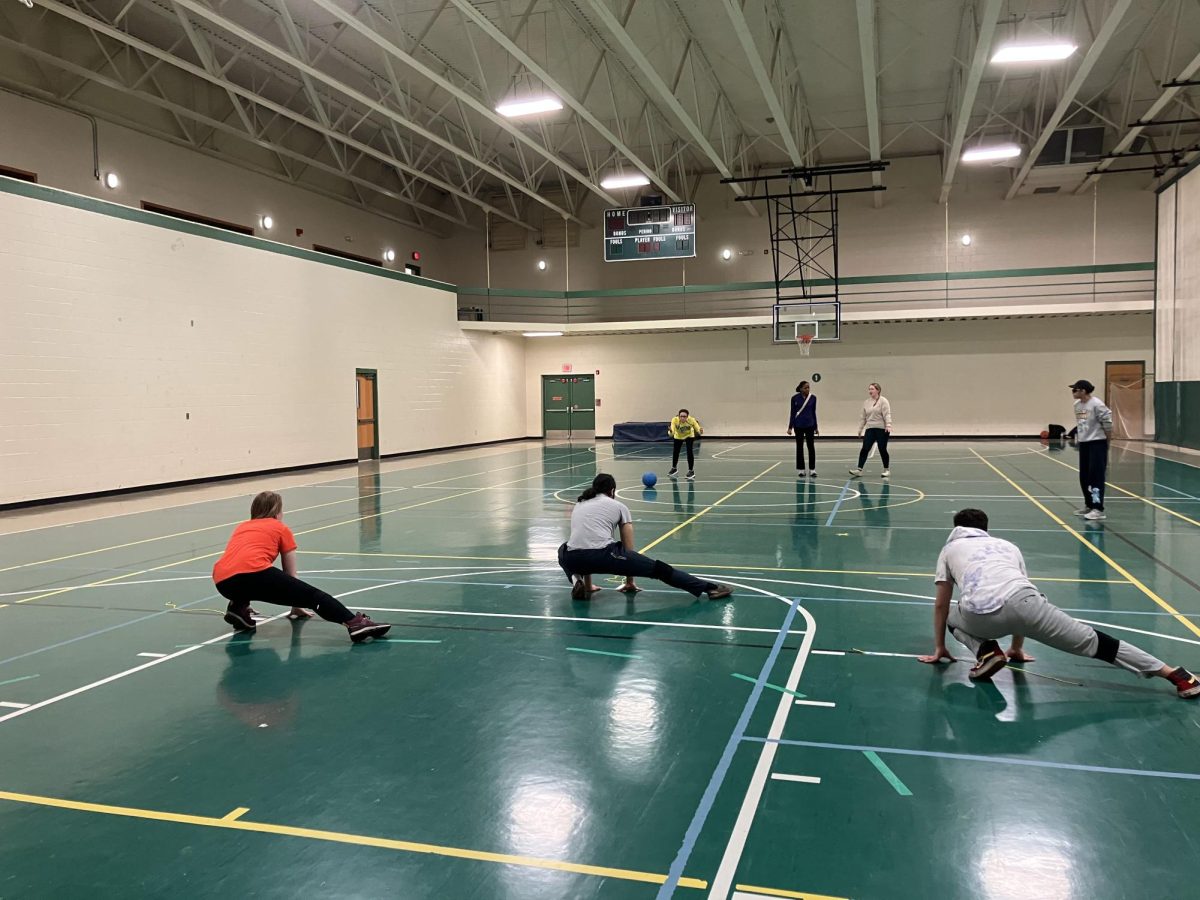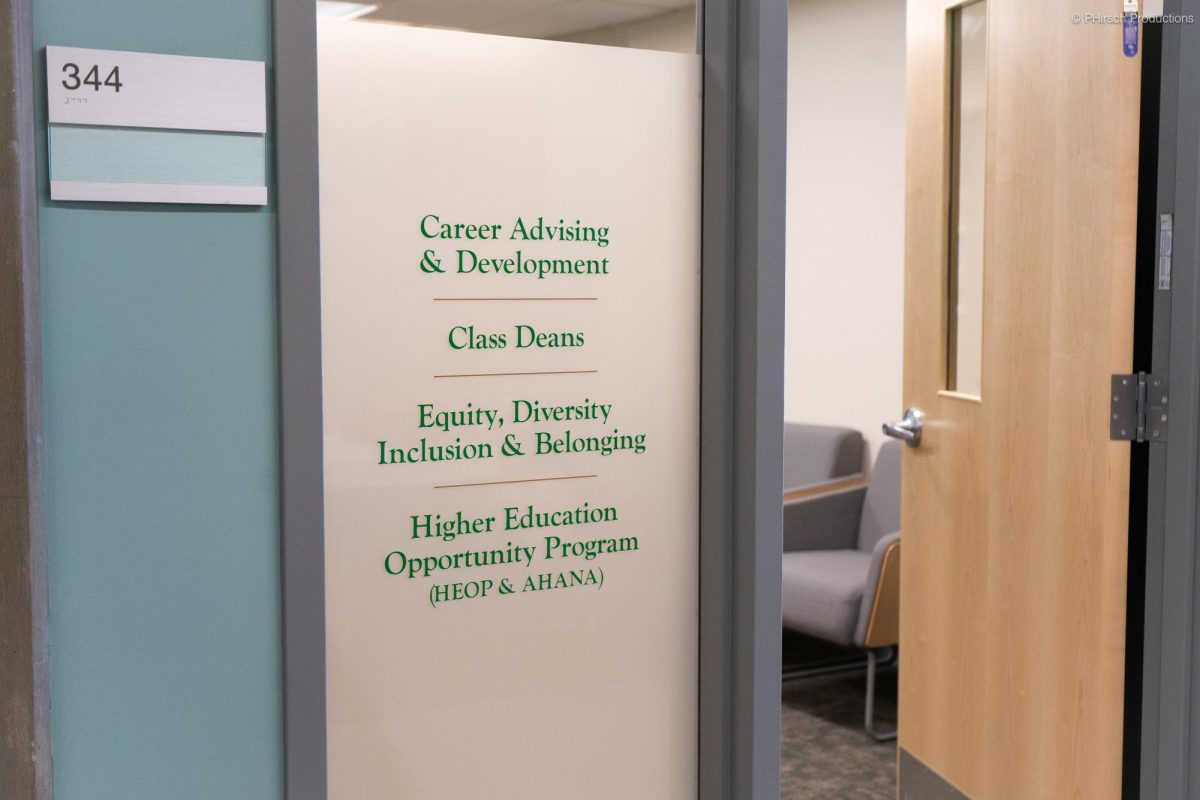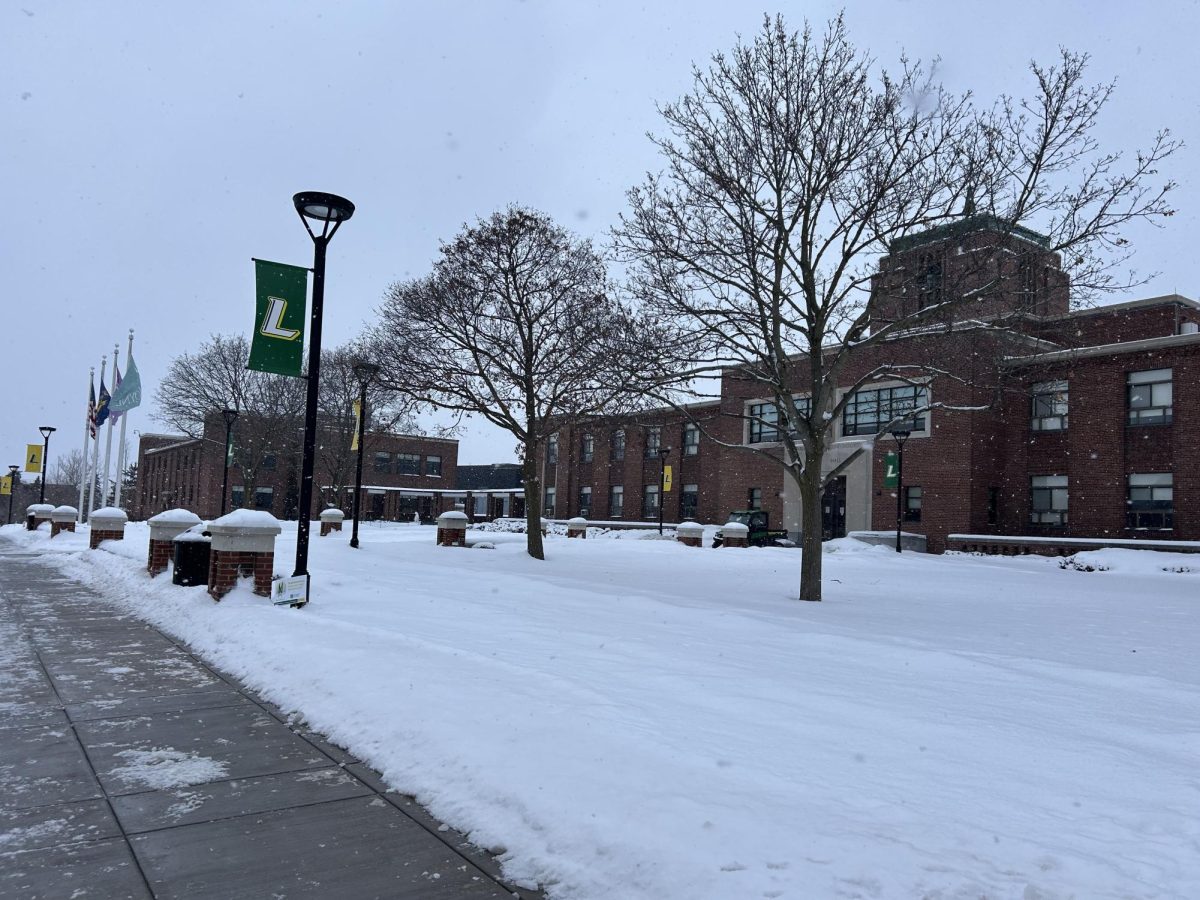A new is student roaming the hallowed halls of universities and sitting in on classroom lectures. They have a knack for writing and producing awe-inspiring art pieces in record time. They’re sociable and always willing to lend a helping hand on homework. Some teachers fear them, and (most) students revere them.
School is in session for AI.
Since the advent of ChatGPT in November of 2022, artificial intelligence has been a hot topic in schools, mainly for its controversial use among students. Plagiarism has taken on a whole new meaning and teachers are scrambling to vet inauthentic assignments.
An April 2023 survey from EdWeek Research Center shows that 31% of educators believe AI will be somewhat harmful in the classroom, while 16% were polled as being very concerned about the potential negative impact in schools. On the other side of that argument is the 21% that believe AI may be somewhat positive as it continues to cement itself in the educational field.
Le Moyne Communications Professor Michael Streissguth weighed in on the AI discourse:
“I think there is a divide. I don’t think it’s a hostile divide. I see the people who are unquestioningly adapting and then the people who are critiquing [AI] and trying to understand from a philosophical perspective what impact it’s having on us.”
The general consensus when it comes to this new technology is that whether AI is accepted wholly or outright banned in schools, more research needs to be conducted. Several schools across the nation have banned AI from servers, citing cheating as well as safety concerns. Many are also highlighting the mental health crisis among children who use social media as one more reason to keep AI out of the classroom.
An article published by the University of Maryland includes the thoughts of professors when it comes to AI. Nicholas Tampio, a professor of political science at Fordham University, and Patricia A. Young of UMBC, believe it’s important for students to think for themselves and learn literacy skills they wouldn’t otherwise gain by copying and pasting the product of an AI software.
Also included in the article is Asim Ali of Auburn University, who teaches information systems. Ali asks his students to use AI and then reflect on how it could affect them later in life and in their careers, choosing to have open discussions about AI rather than inciting fear or criticism.
“Some see AI as a threat to humans, but discussing AI with my students and with colleagues across the country has actually helped me develop human connections,” Ali said.
While teachers and professors are expected to be the most outspoken critics of AI, some students are also in opposition of the technology. Michael Leahey and Jonathan Marks are two Le Moyne Dolphins who feel strongly about the use of AI in schools.
“Maybe if you were to regulate it in a way that isn’t filled with misinformation or disinformation… maybe then I’d be on board, but at the moment I would say those things are currently hampering me from being interested in that being included in the space where we teach our children to learn,” Mike says.
John is in agreement. “I’m keeping an eye on it because things can get real bad if it’s not regulated the right way.”
Another concern is students being accused of using AI when they turn in higher-quality assignments. The mass anxiety surrounding AI has led to some educators blaming honest students for plagiarism despite them producing their own work.
When asked if he’s worried about a similar encounter, Mike said, “It’s honestly not really a question I’ve thought about a lot because it just seems so dystopian to me, but yeah, I guess so. Like, if I were to just phrase something in a way that accidentally sounds similar to a ChatGPT answer and get penalized for that, I would be pretty upset I think.”
As for Professor Streissguth, he thinks AI is here to stay — and has been around longer than most people realize.
“I think [AI] already has a place in grade schools and colleges. In other words, I think it’s being used and we’ve been interacting with AI throughout the digital age.”
In any case, as AI continues to change the educational landscape, it’s important to set research-backed boundaries that will neither hinder the growth of technology nor give it free rein in the school system. Much like students in a classroom, AI needs stability and structure if it is to truly benefit the intellectual growth of all.





